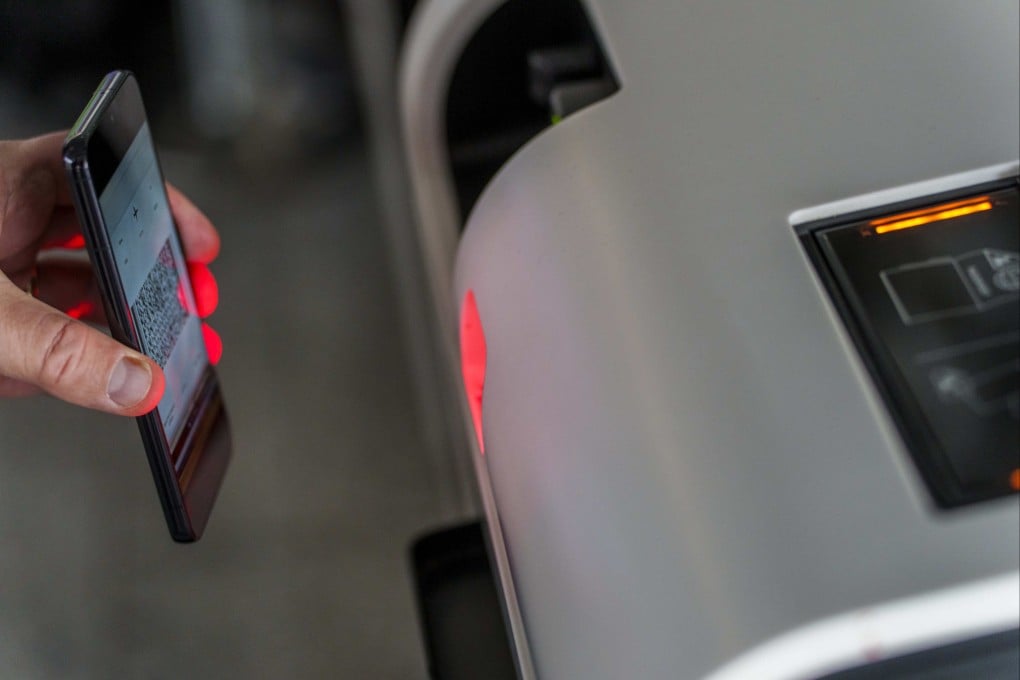How AI, biometrics and facial recognition at airports could make long queues, especially at check-in and security, a thing of the past
- With a doubling of air passengers expected by 2040, ways to make airports less crowded and move passengers through them faster are becoming more necessary
- From AI security baggage scanning to facial recognition, the sky is the limit – if the world’s customs and immigration authorities can agree on new standards

It will be unwelcome news to those who already dread the weary trudge from queue to queue that defines the experience at many airports, but the International Air Transport Association (IATA), the trade association for the world’s airlines, has forecast that air passenger numbers around the world will double by 2040.
So it seems likely that our current plod through check-in, security, boarding gate and eventually immigration will come to appear speedy in hindsight, as queues lengthen and progress slows to an ooze.
Unless, perhaps, technology comes to the rescue.
Many pundits predict the rather obvious application of existing web-based booking processes to various airport procedures. At some airports in the United States, for instance, it is already possible to book a time slot for passing through security.

Others predict the widespread adoption of new technologies already under trial, such as the addition of artificial intelligence (AI) to carry-on baggage scanning, speeding up the process while making it more accurate.
But some descriptions of the future of airports, in which they become fun palaces offering endless entertainment, where we will be pleased to pass the time serviced by robots capable of answering any question in any language, and of whipping up a latte or a Negroni on the spot, seem as utopian as 1989’s Back to the Future II.